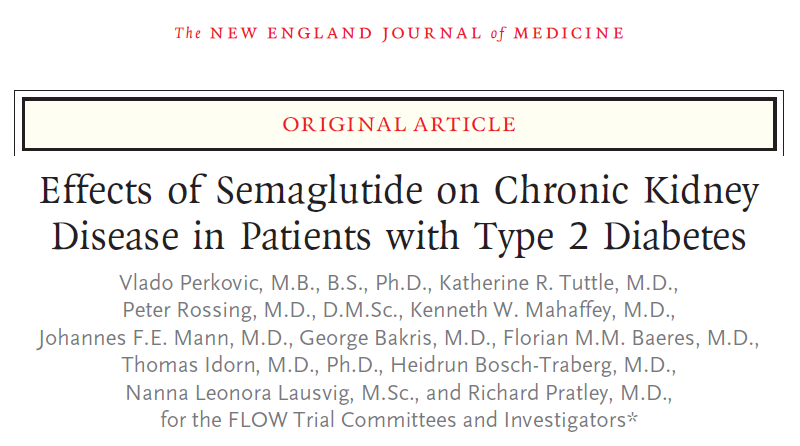New in @JACCJournals w @JJheart_doc on intersection of biomarkers & #SGLT2i in #T2D.
Canagliflozin in #CANVAS
⤵️hs-cTnT & sST2 out to 6yrs
⤵️HF & kidney outcomes irrespective of baseline biomarkers
⤵️MACE particularly in those w multiple abnormal markers
jacc.org/doi/10.1016/j.…
Canagliflozin in #CANVAS
⤵️hs-cTnT & sST2 out to 6yrs
⤵️HF & kidney outcomes irrespective of baseline biomarkers
⤵️MACE particularly in those w multiple abnormal markers
jacc.org/doi/10.1016/j.…

In >3K👥in #CANVAS, canagliflozin (versus PBO) reduced #hscTnT (marker of cardiac injury) & #sST2 (marker of vascular congestion, inflammation & fibrosis) out to 6yrs
Importantly, rather than reducing biomarkers below baseline, #SGLT2i appear to delay longitudinal rise after 1yr
Importantly, rather than reducing biomarkers below baseline, #SGLT2i appear to delay longitudinal rise after 1yr

Canagliflozin consistently ↓ a broad set of HF & kidney disease outcomes, irrespective of biomarker profiles.
Interestingly, elevated #hscTnT & #sST2 (& a multi-marker panel) each identified greater *relative* benefits for MACE...including among those without established ASCVD
Interestingly, elevated #hscTnT & #sST2 (& a multi-marker panel) each identified greater *relative* benefits for MACE...including among those without established ASCVD

Prior meta-analysis by @ZelnikerThomas suggested similar heterogeneity in that #MACE benefit of #SGLT2i was most evident in known ASCVD.
In low-risk cohorts (T2D without ASCVD), further data needed to validate biomarker-based strategies for risk-appropriate selection of #SGLT2i
In low-risk cohorts (T2D without ASCVD), further data needed to validate biomarker-based strategies for risk-appropriate selection of #SGLT2i

Grateful for excellent editorial by Drs Echouffo-Tcheugui & Selvin.
"...circulating biomarkers hold great promise to improve CVD prevention among patients with diabetes without a clinical history of CVD"
jacc.org/doi/10.1016/j.…
"...circulating biomarkers hold great promise to improve CVD prevention among patients with diabetes without a clinical history of CVD"
jacc.org/doi/10.1016/j.…

• • •
Missing some Tweet in this thread? You can try to
force a refresh






